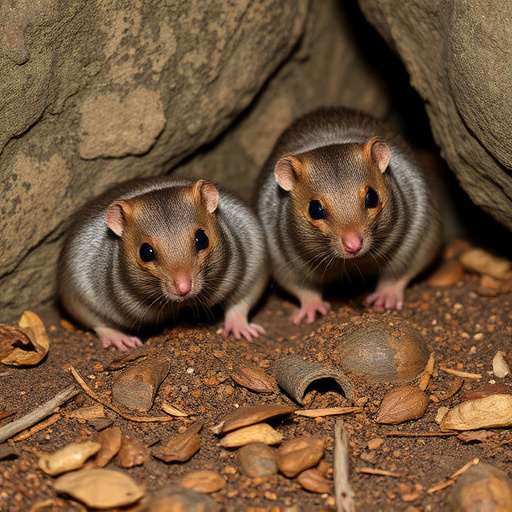In Marana, effective and humane rodent management relies on understanding local rodent behavior and ecosystem dynamics. Seasonal changes and natural predators regulate populations, requiring non-lethal, eco-friendly control methods. Residents can use non-toxic tactics like traps and natural deterrents, contributing to ecosystem preservation while managing rodent populations. Community engagement through education and collaboration, supported by city resources, ensures collective responsibility for the urban ecosystem and sustainable rodent control in Tucson.
Marana, a vibrant community in Tucson, faces challenges with rodents, requiring eco-friendly and humane solutions. This article explores effective strategies to manage rodent populations while minimizing environmental impact. We delve into understanding local rodent behavior in Marana’s unique ecosystem and present non-toxic traps and deterrents as safer alternatives. Additionally, we emphasize the importance of community engagement and long-term prevention techniques for sustainable rodent control in Tucson.
- Understanding Rodent Behavior in Marana's Environment
- Non-Toxic Traps and Deterrents for Humane Control
- Community Engagement and Long-Term Prevention Strategies
Understanding Rodent Behavior in Marana's Environment

In the context of rodent control in Marana, understanding local rodent behavior is key. Marana’s unique ecosystem presents specific challenges and opportunities for humane, eco-friendly rodent management. Rodents like squirrels, mice, and rats are attracted to abundant food sources, safe hiding spots, and suitable habitats. In Marana, this often includes lush vegetation, water sources, and human settlements that provide both sustenance and shelter. Recognizing these factors is crucial for developing effective yet environmentally conscious strategies.
Local environmental conditions play a significant role in shaping rodent behavior. Seasonal changes impact food availability, pushing rodents to seek alternative sources during times of scarcity. Additionally, the presence of natural predators like owls and foxes acts as a regulatory mechanism but also means humane control methods must be employed to minimize unintended consequences on these predator-prey relationships. When considering rodent control Tucson residents can trust, adopting non-lethal, eco-friendly tactics that respect Marana’s natural balance is paramount.
Non-Toxic Traps and Deterrents for Humane Control

In the pursuit of effective yet eco-friendly and humane rodent control, Marana residents have several non-toxic traps and deterrents to consider. These methods are particularly appealing for those who want to avoid the use of harmful chemicals or poisons that can pose risks to pets, children, and local wildlife in Tucson. Non-lethal traps, such as snap traps with sensitive triggers, ensure that rodents are captured alive, allowing for safe relocation away from residential areas. Additionally, natural deterrents like peppermint oil, cinnamon, and cloves have been proven effective in repelling rodents due to their strong scents, offering a safe and aromatic solution.
By opting for non-toxic methods, Marana communities can actively participate in preserving the delicate balance of local ecosystems while effectively managing rodent populations. This approach aligns with the growing trend towards sustainable practices, making it an ideal choice for those seeking environmentally conscious solutions to rodent control in Tucson.
Community Engagement and Long-Term Prevention Strategies

Community engagement plays a pivotal role in implementing effective and humane rodent control in Marana. Educating residents about the importance of prevention is key; simple measures like sealing entry points, maintaining clean environments, and securing trash cans can significantly reduce rodent attractions. Encouraging neighbors to collaborate on these efforts fosters a collective sense of responsibility for their shared urban ecosystem.
Long-term strategies should focus on integrated pest management (IPM), employing non-toxic methods and promoting natural predators. The City of Marana can facilitate this by providing resources and workshops on eco-friendly practices, ensuring residents have the knowledge to participate actively in rodent control. By combining community involvement with sustainable tactics, Tucson’s rodent control efforts can be both humane and environmentally conscious.
In addressing rodent control in Marana, a balanced approach combining understanding local rodent behavior, utilizing humane non-toxic traps, and implementing community-driven prevention strategies is key. By adopting eco-friendly methods, residents of Tucson can effectively manage rodent populations while minimizing environmental impact. These strategies not only protect local ecosystems but also ensure the well-being of both pets and wild animals, making Marana a safer and more harmonious place for all. For effective long-term solutions in rodent control Tucson, these integrated methods represent a best-practice approach.
